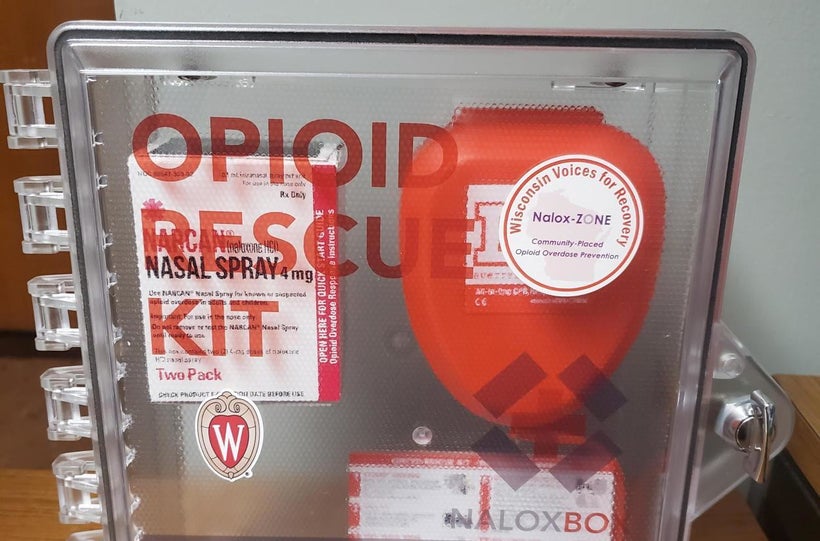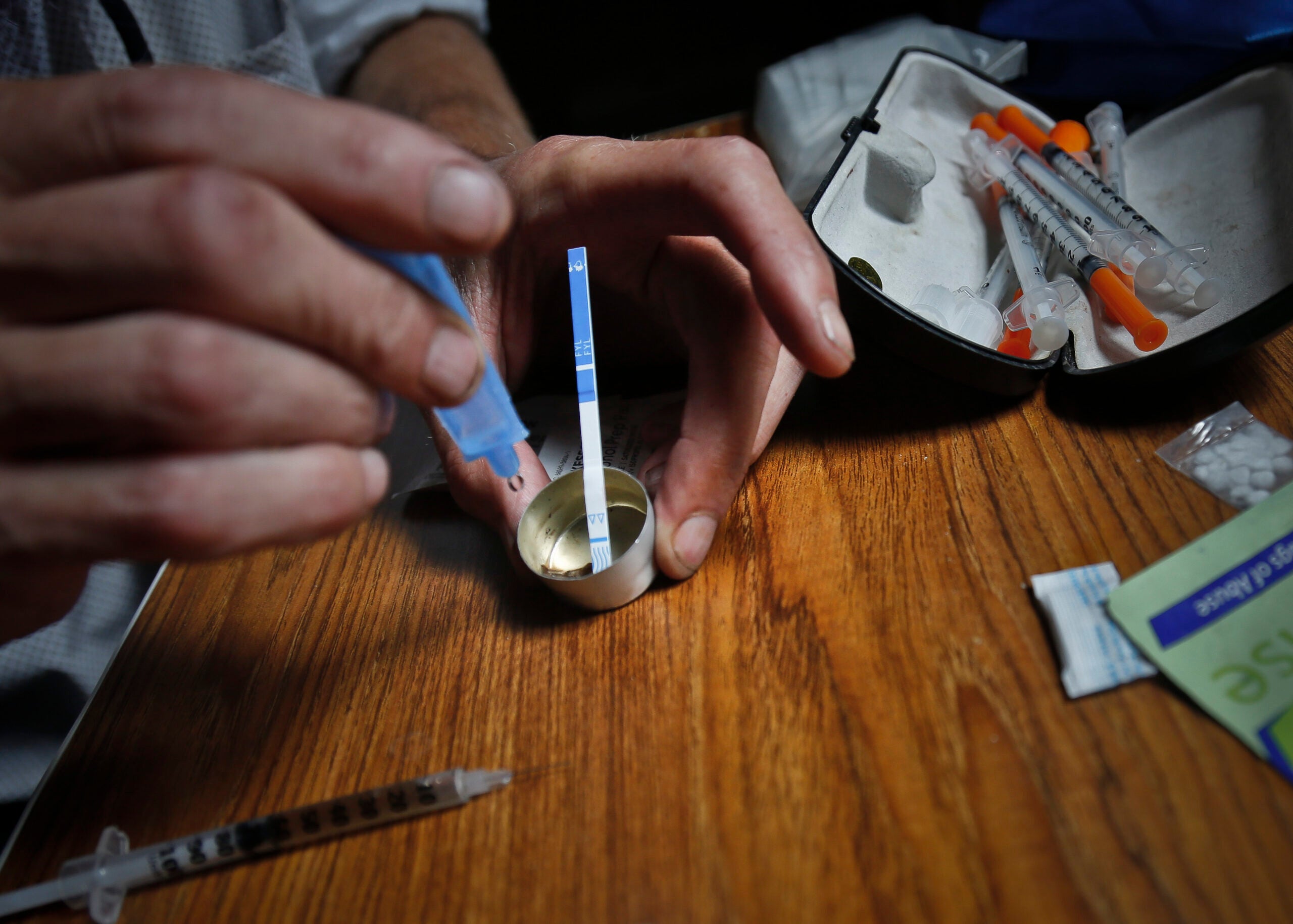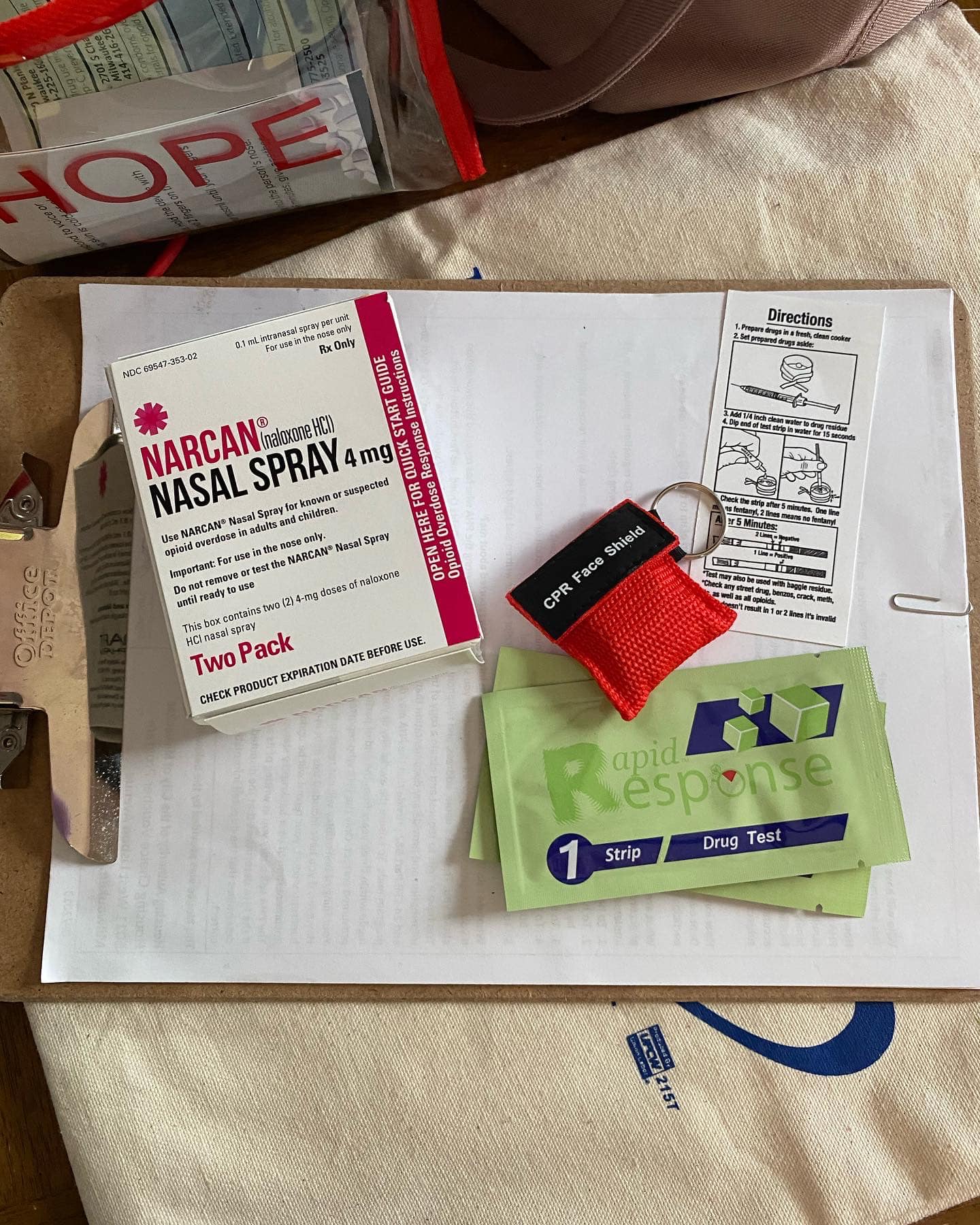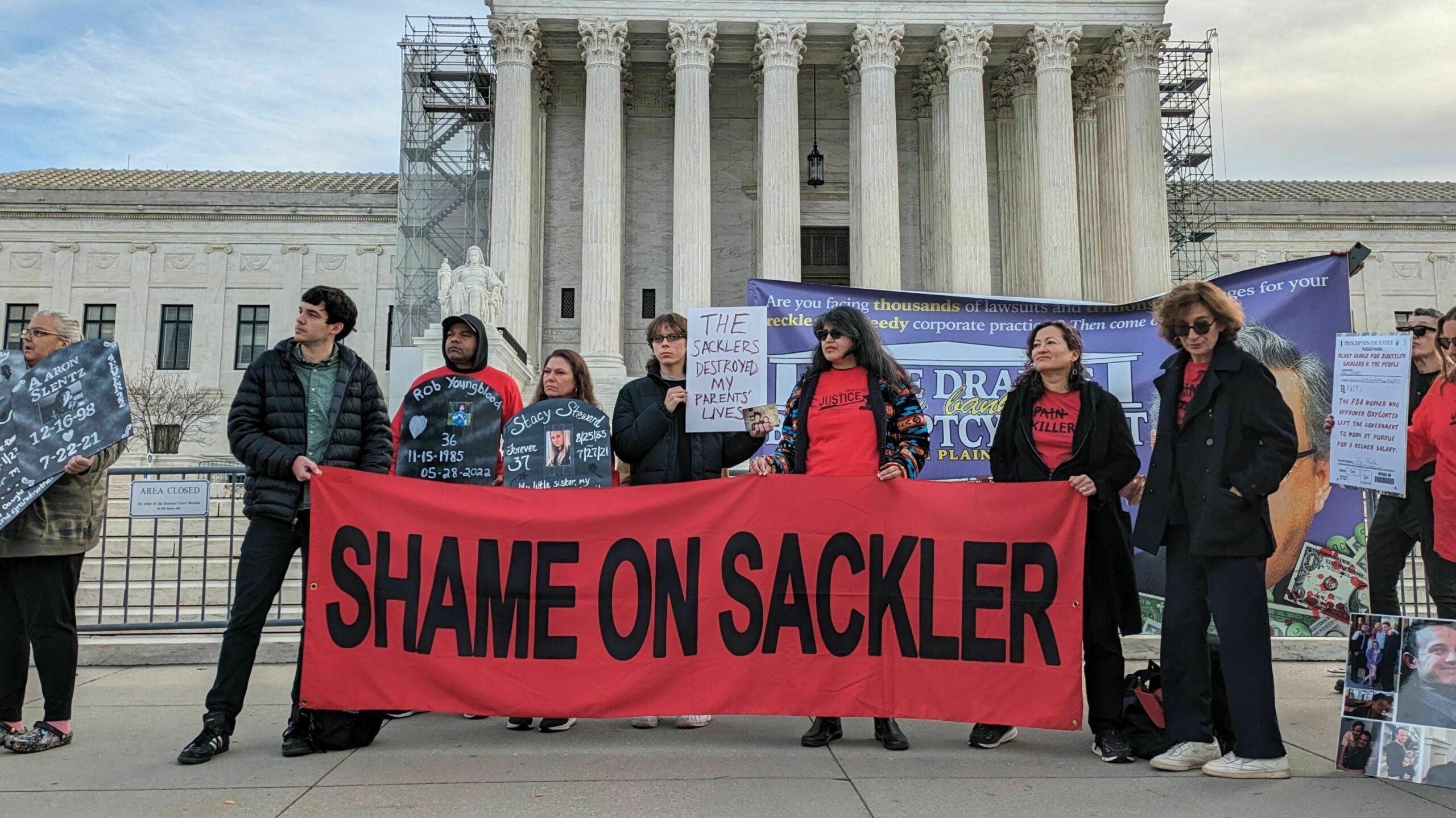A growing number of counties are joining a lawsuit against opioid drug manufacturers with the goal of recovering local costs of dealing with what’s been called a prescription drug epidemic.
Eau Claire, Sauk and Marathon county boards voted Tuesday night to sign on to a potential lawsuit against pharmaceutical companies manufacturing opioid painkillers. The Wisconsin Counties Association is leading the effort and is hopeful that as many as 60 or 70 of the state’s 72 counties will join the lawsuit.
The association has claimed drug makers engaged in fraud, misrepresentation and false advertisement while pushing their products. The Eau Claire County Board voted 24-1 to join the lawsuit. Board Chairman Gregg Moore said vast amounts of money have been spent on law enforcement, and health and human services combating opioid abuse.
Stay informed on the latest news
Sign up for WPR’s email newsletter.
“If we can recover some cost through this possible litigation to cover our out-of-pocket costs associated with the opioid epidemic, it would be good,” Moore said. “It would be a good service for the public and it would be a very reasonable and appropriate step for us to take.”
Moore said he doesn’t have a total for how much Eau Claire County has spent fighting opioid addiction and related crimes but they’re working to compile that data now. Once it’s tabulated the figure will be sent to an attorney representing the Wisconsin Counties Association.
A number of states, including Wisconsin, have announced investigations of the opioid pharmaceutical industry and some have filed suits of their own. But Moore said the greatest costs are born by the local units of governments.
“It’s our medical examiners, it’s our health department, it’s our human services department, it’s our sheriff’s department and so on that are dealing with this issue,” said Moore. “So, it’s our level of government that is very significantly impacted.”
According to data from the Wisconsin Department of Health Services, 1,031 residents died in 2016 from overdosing on opioids, up from 872 in 2015.
Wisconsin Public Radio, © Copyright 2024, Board of Regents of the University of Wisconsin System and Wisconsin Educational Communications Board.





